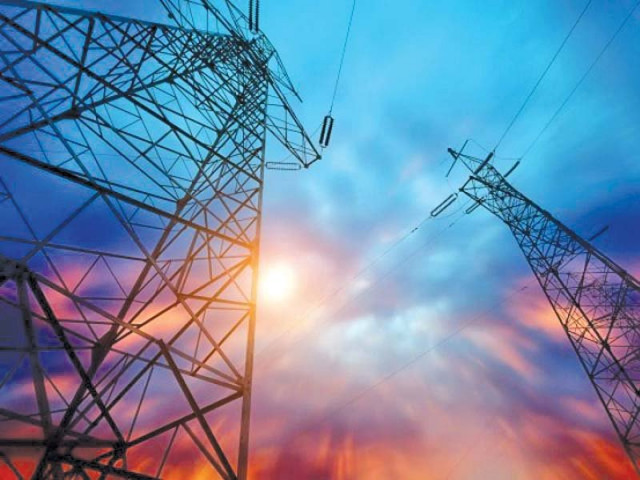Pakistan switched to furnace oil for power production in December
Move came on account of low generation by hydropower projects

Increased reliance on expensive power would take up the averaged out power tariff to an estimated Rs6.24 per unit for consumers for December. PHOTO: FILE
The National Electric Power Regulatory Authority (Nepra) reported that the country generated the most power from furnace oil at 37.13% in December. Oil-based production had stood at third position (at 19.39%) among various sources of generation in November.
Oil-based production is priced at Rs8.65 per unit, making it the most expensive source of generation.
Increased reliance on expensive power would take up the averaged out power tariff to an estimated Rs6.24 per unit for consumers (other than Karachi’s based K-Electric) for December from the Nepra-approved Rs3.70 per unit in November.
This was one of the lowest tariffs for consumers in November and became possible after hydel projects managed to give their highest production at 41% during the month.
In this backdrop, the government switched-off three-four mega power projects on furnace oil and diesel in the month, said an official at the Ministry of Water and Power.
Contrary to this, Nepra reported, hydel production declined to the third most used source in December. An analyst said “the start of the winter season has crippled power production from hydel projects.”
Hydel projects function on flow of water. Low availability of water during the winter season has adversely impacted production from such projects, he said.
Lazy melting of glaciers on mountains and comparatively low levels of rain usually cause a lower flow of water during winters, he added.
Going forward, the country may continue to rely on oil-based generation during the winter, as generation from hydel and gas may remain low.
The analyst added that Pakistan remained a gas-deficient country despite availability of imported gas (Re-gasified Liquefied Natural Gas). “The government may opt to provide the gas first to domestic consumers and then to gas-based power projects.”
Tariff revision
Nepra is scheduled to hear stakeholders on Thursday (January 26) to approve tariff for the power consumed during the month of December.
The regulatory authority has been proposed to reduce the tariff by Rs1.85 per unit to Rs6.24 per unit from the reference fuel charges at Rs8.10 per unit. The proposed tariff at Rs6.24 per unit, however, is almost double the Rs3.70 per unit for the power consumed in November 2016.
The regulatory authority would also hear the case of K-Electric on Thursday, as the privatised power company has proposed the authority an increase of Rs0.40 per unit.
Nepra said the country has produced a total of 7,199.66 GWh in December that was almost 4% higher than 6,935.26 GWh in November.
Published in The Express Tribune, January 24th, 2017.
Like Business on Facebook, follow @TribuneBiz on Twitter to stay informed and join in the conversation.



















COMMENTS
Comments are moderated and generally will be posted if they are on-topic and not abusive.
For more information, please see our Comments FAQ